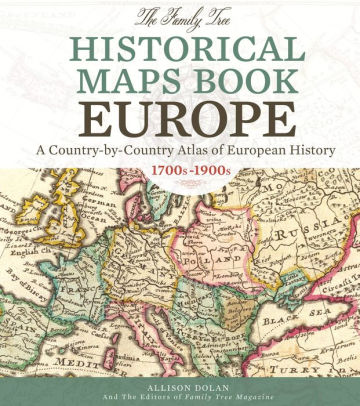The wonderful folks at the Elkhart County Genealogical Society have been helping me, by sending me images of McKibbin documents from their records. Above, one page from the probate file for Emma's father, James Harvey McKibbin (1846-1914), hubby's 2d cousin, 3x removed (so says Ancestry). Below, James Harvey McKibbin's obituary. After reading it, I understood why James Harvey McKibbin and his son John McKibbin are living with James's daughter Emma and her husband Russell (and their baby), according to the 1900 Census.

Before Emma could serve as administratrix for her father's estate, she had to have her husband's permission, as shown above. [Reader, you can imagine how I felt seeing that!] She also had to post a $100 bond with the court, to be returned after probate was complete.
Emma and her brother, John Henry McKibbin, were the only heirs, and the father died without a will. Emma was supposed to liquidate her father's property and pay his debts before splitting the proceeds, 50-50, with her brother.
John, the father, owned lots #170 and 171 in "Wilden's Walnut Hill addition" in Goshen, Elkhart county, with an estimated value of $1,000. To liquidate the estate and share with her brother, Emma had to sell the lots.
Now here's something interesting: Emma filed paperwork with the probate court saying she tried to sell the property, but the only private buyer backed out, so she asked for a public auction. The court agreed and the result is that one bidder stepped forward and paid $1,040 for the real estate. The bidder? A gentleman named Russell B. Shoup, whose signature appears in the image above as his permission for his wife to be administratrix.
After paying court costs, funeral costs, legal costs, and so on, Emma and her brother split $826.95, mainly from the sale of the two lots to Emma's husband.










